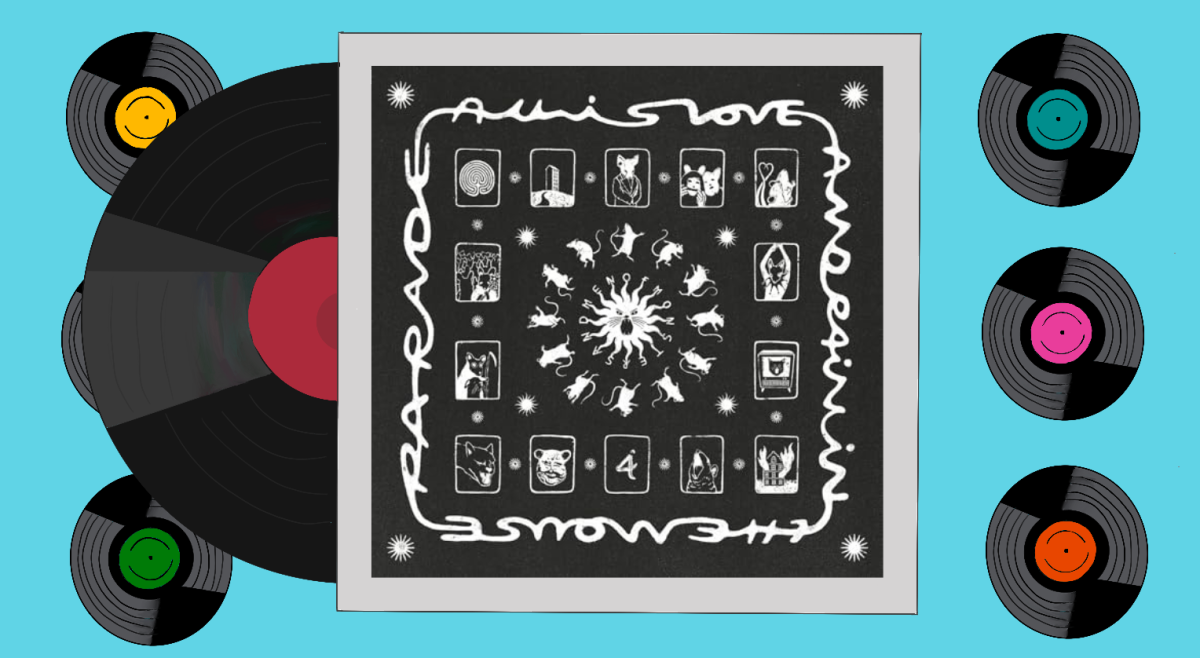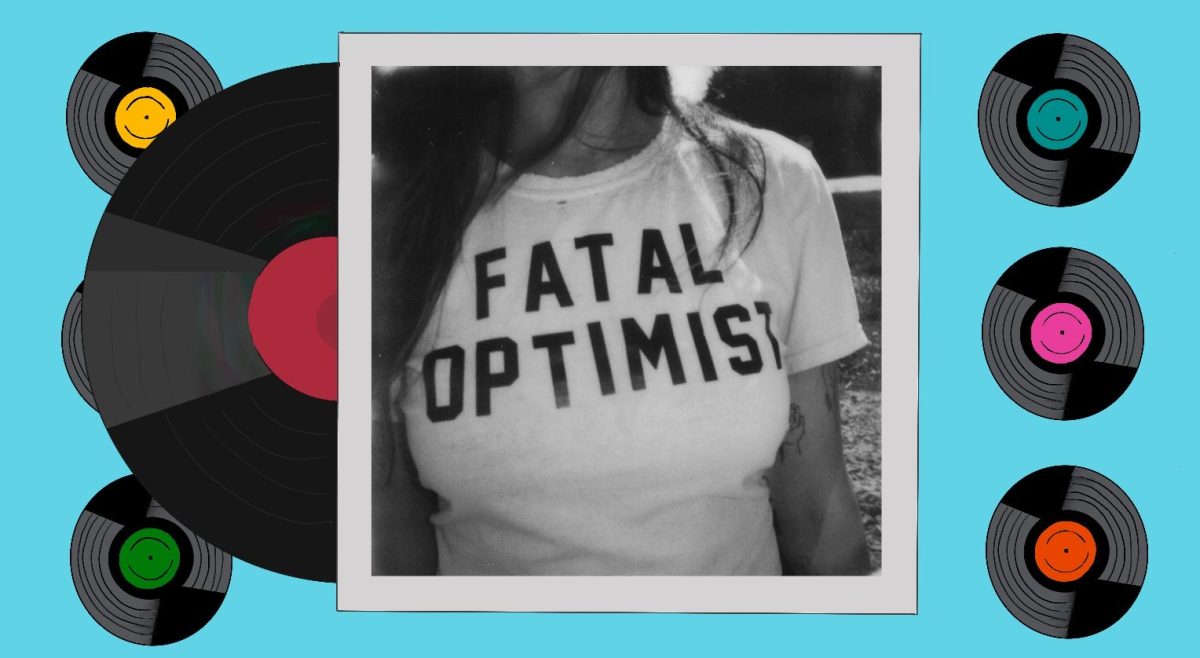Let me introduce you to Assistant Arts Editor Nathan Rhind, a man who is dedicated to a few things in life, most notably flea market sweaters (turtlenecks hold a particularly fond place in his heart), chocolate milk (his controversial beverage of choice for all late-night office dinners), and music.
His iEdit—a playlist that concentrates his musical fixations into a collection of 10 songs—pulls largely from two facets of rock: indie and classic, and full glam-rock. Listening to his selections, it’s easy to picture Rhind bobbing his head to each drum beat and guitar strum, his corded headphones (so retro, I know) locked into every song.
Pavement’s “Gold Soundz” and The Strokes’ “Under Control,” openers to Rhind’s playlist, are simple yet poignant indie rock songs. So he dabbles in the genre, one may think. But then things take a more psychedelic turn.
Pink Floyd’s “Pig (Three Different Kinds)” takes the playlist on a 10-minute interlude down the tunnel of rock ’n’ roll. Pulling from Animals, rather than Pink Floyd’s more commercial Dark Side of the Moon, it’s clear Rhind’s accrued rock knowledge is an intensive study—a search for distinct pairings of lyrics, vocals, and instruments. But I will warn you: the song’s simulated pig squeals make for a unique (i.e. mildly unsettling) arrangement. Interesting choice, Rhind.
“Tonight” by Iggy Pop and “A National Acrobat” by Black Sabbath create an alluring juxtaposition of dreamy rock and heavy metal. By including “Family Business” by Fugees, Rhind makes a surprising jump from rock to R&B, from ’70s selections to ’90s hits.
Taking it back to the ’80s, Rhind includes Prince’s “When Doves Cry” and David Bowie’s “Ashes to Ashes”—two mystifying personalities in music and fashion. Although Rhind would be remiss not to include these kings of rock, his admiration for these artists extends to mild emulation: Rhind’s desire for a sapphire blue ear piercing (#exposed) is really a symbol of his dedication to the rock genre and a token of his fandom.
Two modern examples of rock’s everlasting grip on generations, “Seventeen” by Sharon van Etten and “Helicopter” by Deerhunter, return the playlist to its indie rock origins.
Although it may seem that this playlist lacks in variety, Rhind reveals the true extent of the genre: It can be defined, but never fully confined. To be a connoisseur of rock is to brazenly adopt a mark of rebellion, a diversion from convention. In many ways, Rhind does exactly that, turtlenecks and all.
Granted, (as noted in Rhind’s critique of my own iEdit), I am not one who often jams to classic rock. But Rhind’s playlist may be my first steps toward conversion—maybe. As for a conclusive analysis of my fellow colleague’s playlist: Rhind is reveling in a rock revolution of his own design.
Featured Image by Spotify













